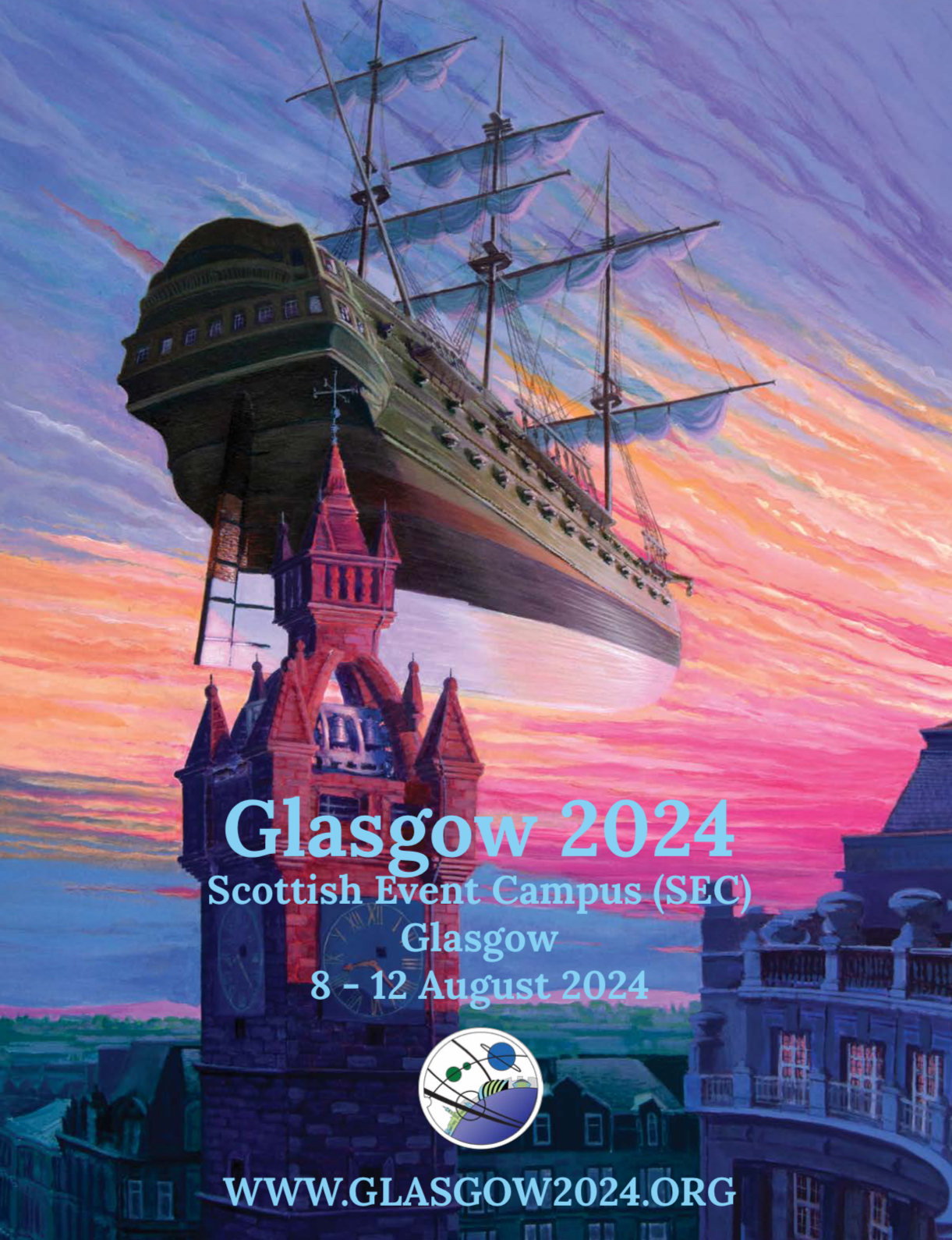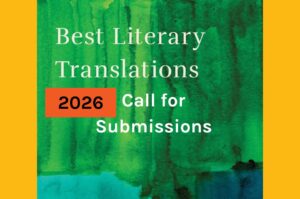
The 82nd World Science Fiction Convention (Worldcon), a highly anticipated annual event for the science fiction and fantasy scene, is set to take place in Glasgow from August 8-12. This year’s convention offers a rich lineup of African authors, including Nnedi Okorafor, Esmie Jikiemi-Pearson, Ehigbor Okosun, M.H. Ayinde, Marve Michael Anson, Rogba Payne, T.L. Huchu, Wole Talabi, Oghenechovwe Donald Ekpeki, Yvette Lisa Ndlovu, and Lauren Beukes.
For £40, you can attend the festival online and enjoy a wide array of panels, interviews, and talks by these authors. We looked through the program and put together a list of panels you should consider attending. But before that, here are a few things you should know.
Okorafor, who is a Guest of Honor and Huchu, who is a Special Guest, will present the 2024 Nommo Awards for Best in African Speculative Fiction alongside Oghenechovwe Donald Ekpeki and Wole Talabi.
For those attending in person, Rogba Payne is hosting a People of African Ancestry Meetup, which is worth checking out.
Two major panels are focused on African science fiction. African Cultural Influences in Fantasy, moderated by T.L. Huchu, features Ehigbor Okosun, M.H. Ayinde, Marve Michael Anson, R.S.A. Garcia, and Rogba Payne, who will discuss “how African mythology, folklore, and traditions shape fantastical worlds.” The other panel, Through an African Lens, is a discussion with Lauren Beukes, Wole Talabi, and Yvette Lisa Ndlovu on “how African writers approach and refashion familiar territories and themes with fresh eyes.” A talk by Saskia Vermeylen titled Reimagining Space Law Through Afrofuturism looks at space exploration through a pan-African perspective.
Here are many more panel discussions featuring African writers.
Nnedi Okorafor
First Contacts and Third Encounters: “exploring extraterrestrial visitors, their reasons for coming to Earth, and how writers use these themes as commentaries on the world.”
The Many Legs of SF: Creepy Crawlies in Space: “discussing the appeal of the insect world and favorite examples of bugs in science fiction.”
Female Rage in SFF: “examining depictions of female rage in science fiction and fantasy films and television shows.”
Strong Female Leads Who Don’t Kick Ass: “about women who lead through intelligence, charisma, patience, or other skills.”
Best Cats of SFF: “celebrating favorite feline characters in science fiction and fantasy.”
T.L. Huchu
Urban Fantasy Settings: “how to write about familiar places with an urban fantasy twist.”
Writing Future Scotland: “exploring Scotland as a specific setting for stories and how the nation’s ambitions and characteristics are portrayed in the future.”
Esmie Jikiemi-Pearson
A History of Queer Villainy: “how queer authors are subverting traditional villain tropes to create complex new characters.”
M.H. Ayinde
Under-Represented Groups in Fandom and Fantastic Literature: “how under-represented groups contribute to the ever-evolving landscape of storytelling and fan culture.”
Epic Appeal: “what makes an epic novel deeply satisfying for readers and writers alike”
Ehigbor Okosun
Mother Dearest: Representations of the Mother Archetype in Speculative Fiction: “how the depiction of mothers has evolved in speculative fiction, influenced by increasing diversity in publishing and the evolution of feminism and gender understanding.”
Marve Michael Anson
Writing Diasporas in SFF: “exploring how to write about the diasporic experience, the hurdles faced by diasporic writers, and applying real-life diaspora experiences to a speculative setting.”
Once Upon a (Different) Time: panel exploring questions such as: “Why is so much fantastical YA fiction set in historical periods or variations of them? What are the benefits of setting a plot in one era rather than another?”
Yvette Lisa Ndlovu
Panel: Appropriation Versus Inspiration: “cultural appropriation in writing and how to navigate this complex issue.”
Lauren Beukes
Panel: AI and Creative Writing – Do Androids Dream of Winning a Hugo?: “the future of AI-generated fiction and its implications for the literary world.”
Wole Talabi
Panel: Gods and Faith in Fantasy: “exploring presentations and representations of the divine in fantasy and the role of gods in storytelling.”
Panel: Engineering Solutions to People Problems: “examining what happens when engineering or science is applied without fully considering the human element.”









COMMENTS -
Reader Interactions